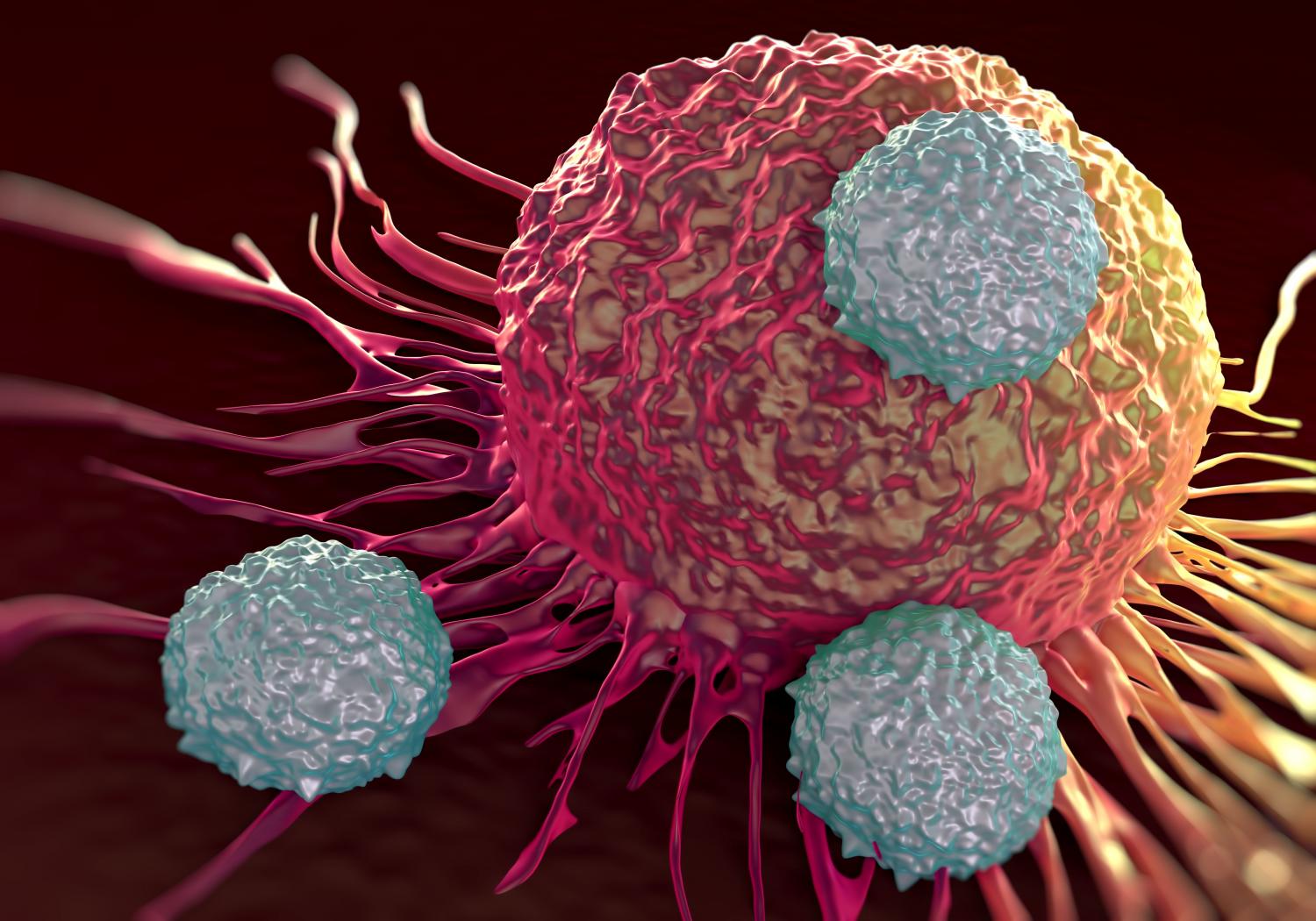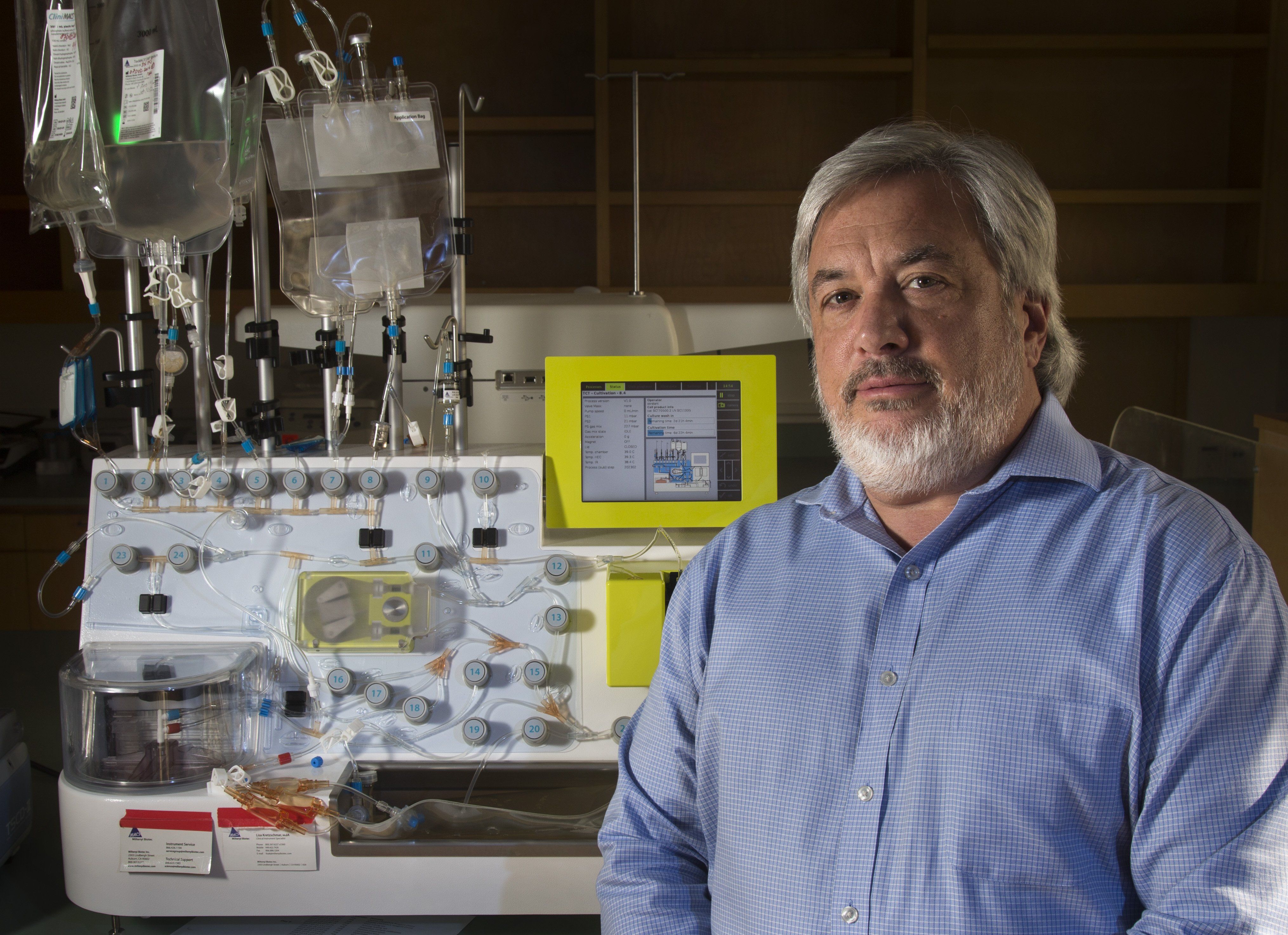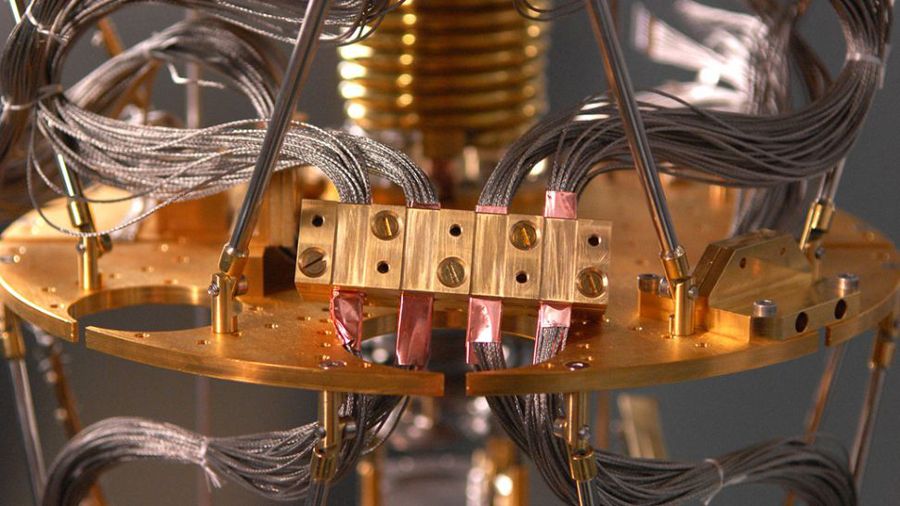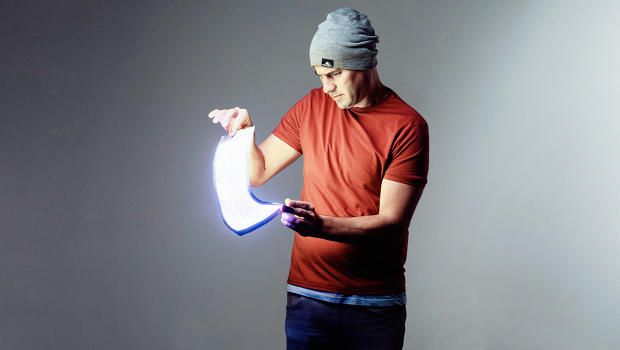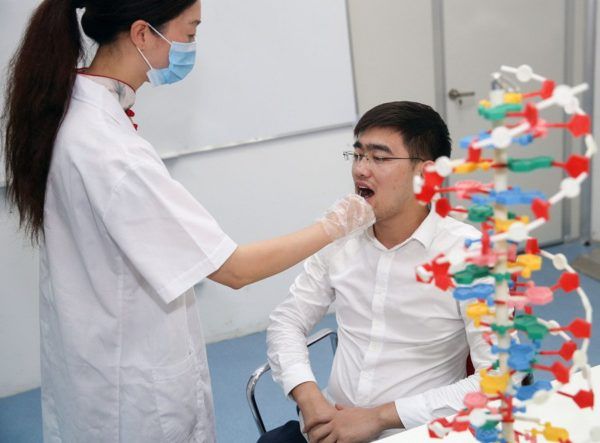Page 10609
Dec 20, 2016
ESA’s ExoMars Prepares To Sample Lower Martian Atmosphere
Posted by Bruce Dorminey in category: space
ExoMars will soon start aerobraking in Mars orbit in a years-long effort to sample Mars super-thin lower atmosphere in the ongoing search for trace gases indicative of life and active geology.
ESA’s ExoMars Trace Gas Orbiter is preparing to aerobrake into parts of the unexplored Martian lower atmosphere in search of methane, water vapor and other possible signatures of life on the Red Planet.
Dec 20, 2016
Researchers map genome-wide changes that drive T cell maturation and exhaustion
Posted by Steve Hill in categories: biotech/medical, genetics
New study provides deeper insight into the immune system.
In a bid to better understand the gene expression patterns that control T cell activity, researchers at the La Jolla Institute for Allergy and Immunology mapped genome-wide changes in chromatin accessibility as T cells respond to acute and chronic virus infections. Their findings, published in the Dec. 20, 2016 issue of Immunity, shed light on the molecular mechanisms that determine the fate of T lymphocytes and open new approaches to clinical intervention strategies to modulate T cell activity and improve immune function.
“Identifying the different factors that determine different T cell states and therefore their function helps us understand if T cells will be able or not to fight viral infections or tumor growth, and if they will be able or not to provide long-term protection,” says the study’s first author James Scott-Browne, a postdoctoral fellow in the laboratory of Anjana Rao, a professor in the Division of Signaling and Gene Expression. “We may be able to revert the exhaustion phenotype of T cells and render them better able to fight tumors or chronic viral infections such as HIV, or generate better memory cells in response to vaccines.”
Continue reading “Researchers map genome-wide changes that drive T cell maturation and exhaustion” »
Dec 20, 2016
Stanford manufactures gene-engineered cells to cure the incurable
Posted by Steve Hill in categories: biotech/medical, computing, life extension
Stanford University’s amazing new regenerative medicine facility where the impossible is becoming possible.
The 25,000-square-foot facility, which opened last September, puts Stanford at the forefront of one of medicine’s most important and promising trends: regenerative medicine, which aims to refurbish diseased or damaged tissue using the body’s own healthy cells.
“We’re curing the incurable,” said laboratory director David DiGiusto, who holds a doctorate.
Continue reading “Stanford manufactures gene-engineered cells to cure the incurable” »
Dec 20, 2016
Artificial intelligence is going to make it easier than ever to fake images and video
Posted by Shane Hinshaw in categories: internet, robotics/AI

Smile Vector is a Twitter bot that can make any celebrity smile. It scrapes the web for pictures of faces, and then it morphs their expressions using a deep-learning-powered neural network. Its results aren’t perfect, but they’re created completely automatically, and it’s just a small hint of what’s to come as artificial intelligence opens a new world of image, audio, and video fakery. Imagine a version of Photoshop that can edit an image as easily as you can edit a Word document — will we ever trust our own eyes again?
Dec 20, 2016
Why Microsoft believes we’re on the threshold of quantum computing
Posted by Klaus Baldauf in categories: computing, quantum physics
Dec 20, 2016
The Next Big Thing In Your Next Device Could Be This Ultra-Thin Lighting
Posted by Klaus Baldauf in category: computing
Dec 20, 2016
Immune Restoration Results from Placing a Young Thymus into an Aged Mouse
Posted by Steve Hill in categories: biotech/medical, life extension
Decline of the immune system is one of the areas SENS are working on, with just over a week left for the Winter Fundraiser and Triple donation match now is the time to support their work!
Immunosenescence is a key process in aging and rejuvention or replacement of the thymus which gradually wastes away as we age exposing us to pathogens is an important step in dealing with age-related diseases. SENS is working on these problems so if you want to see solutions please consider donating to our Winter Fundraiser today on the link below:
Continue reading “Immune Restoration Results from Placing a Young Thymus into an Aged Mouse” »
Dec 20, 2016
Light therapy effectively treats early prostate cancer
Posted by Steve Hill in category: biotech/medical
Light therapy kills cancer in new no surgery, no chemo approach.
A new non-surgical treatment for low-risk prostate cancer can effectively kill cancer cells while preserving healthy tissue, reports a new UCL-led phase III clinical trial in 413 patients. The trial was funded by STEBA Biotech which holds the commercial license for the treatment.
The new treatment, ‘vascular-targeted photodynamic therapy’ (VTP), involves injecting a light-sensitive drug into the bloodstream and then activating it with a laser to destroy tumour tissue in the prostate. The research, published in The Lancet Oncology, found that around half (49%) of patients treated with VTP went into complete remission compared with 13.5% in the control group.
Continue reading “Light therapy effectively treats early prostate cancer” »
Dec 20, 2016
CRISPR gene editing human trials in China and US offer hope for countless lives
Posted by Steve Hill in categories: bioengineering, biotech/medical, genetics
The biotech battle between China and the US has begun as we predicated when we announced the first CRISPR deployment in humans last month. The US has upped the ante and is taking a step further in the race for the biotech crown. All great news for us as the more competition the faster progress will move so let’s hope there is a fierce battle for biotech coming.
In 2015, a little girl called Layla was treated with gene-edited immune cells that eliminated all signs of the leukemia that was killing her. Layla’s treatment was a one-off, but by the end of 2017, the technique could have saved dozens of lives.
It took many years to develop the gene-editing tool that saved Layla, but thanks to a revolutionary method known as CRISPR, this can now be done in just weeks.
Continue reading “CRISPR gene editing human trials in China and US offer hope for countless lives” »


